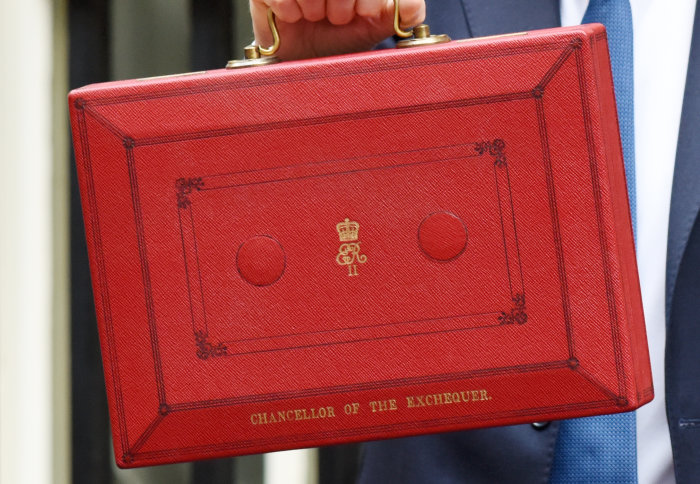Budget 2024 – Statements surrounding increase in multiplier hide the wider issue
Speaking at the House of Commons yesterday (6 March 2024) chancellor Jeremy Hunt overlooked calls to reverse his decision — made in his 2023 Autumn Budget — to raise the standard multiplier for business rates by September’s CPI inflation figure of 6.7%, from 51.2p to 54.6p from April 2024.
The decision prompted outcry from the British Retail Consortium, who accused the chancellor of pouring ‘fuel on the fire spreading across our high streets’, whist some CEOs have dubbed the decision as ‘economically illiterate’.
The 6.7% increase in business rates, estimated to impact 43,130 retail properties in England with a rateable value in excess of £51,000, will see their cumulative total business rates bill rise from £4.61bn in 2023/24 to £4.92bn in 2024/25 — an increase of £306.22 million.
This increase represents a hike of almost a third in the standard rating multiplier in England since 2010, when it was 41.4p.
For reference, that means that a property with a valuation of 51,000 in 2010 would have paid £21,114 in Business Rates per annum, where is in 2024 the same valuation would be liable to pay £27,846.
Considering the increase in property valuations applied by the Valuation office Agency in 2017 and 2023, and the fact that a rateable value of 51,000 in 2010 could now be 75,000 the burden on the economy should be clear to the Government.
That means that the same property could now be paying 40,950 in 2024, rather than the 21,114 applied in 2010. The devil, as always, remains in the detail.
Hunt’s justification seems to be that: “Business confidence is returning. We have turned the corner on inflation and will turn a corner on growth.”




